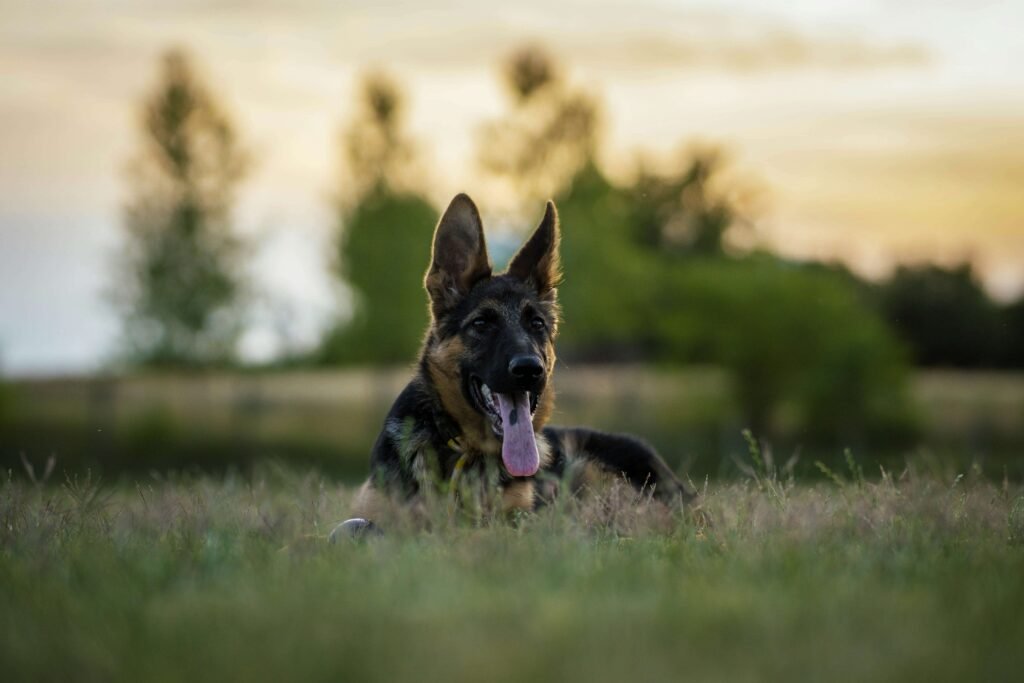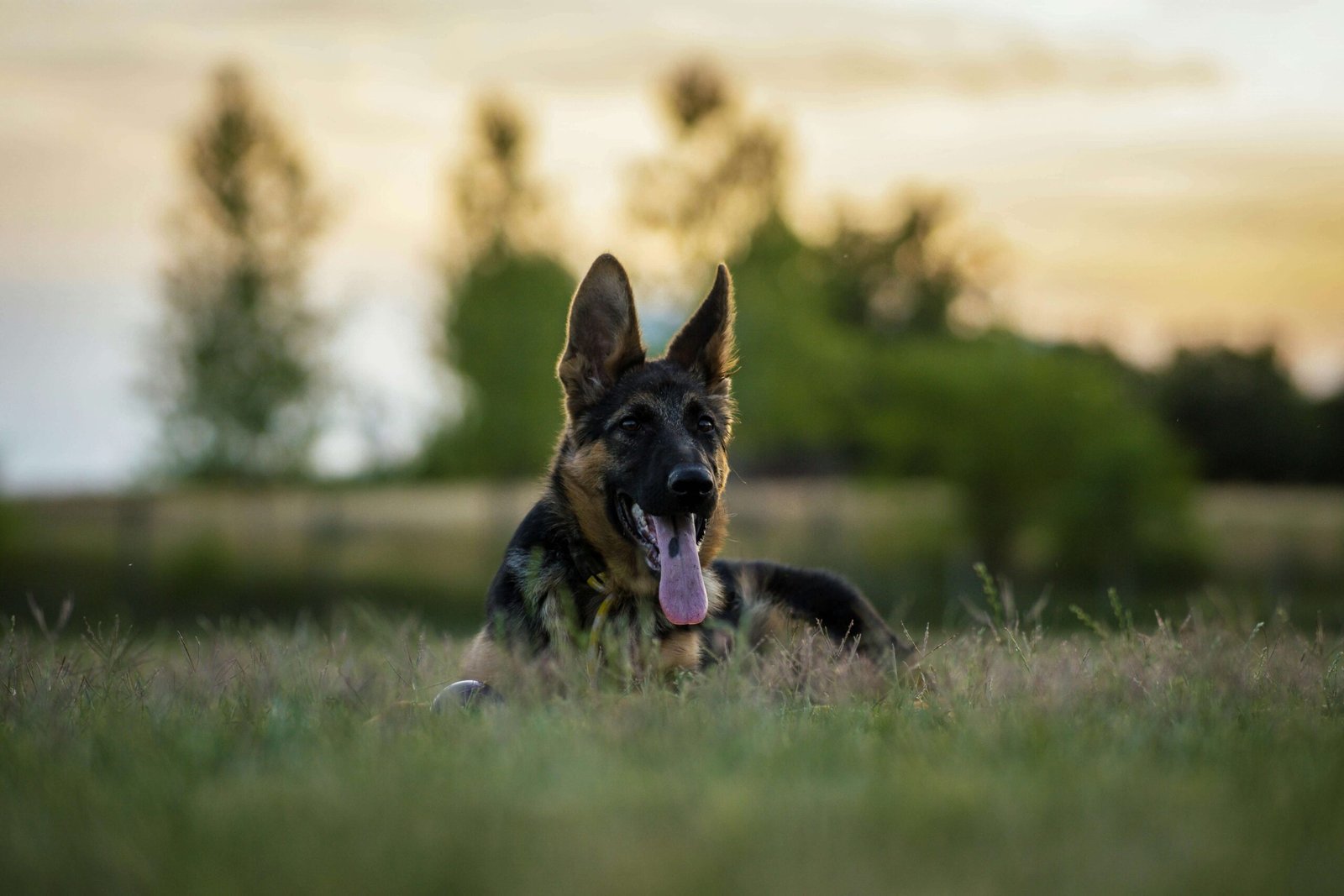Why Is My Dog Eating Grass Frantically? Understanding Your Pet’s Behavior
Have you ever noticed your furry friend munching on grass like it’s their last meal? If your dog has been eating grass frantically, you’re not alone. Many pet owners have witnessed this peculiar behavior and wondered what it means. Is it a sign of illness, boredom, or something else entirely? In this blog post, we’ll explore why dogs eat grass, whether it’s normal, and what you can do to ensure your pup stays healthy and happy. Let’s dive into the green mystery behind your dog’s grazing habits!
Why Do Dogs Eat Grass? Common Explanations
While there’s no one-size-fits-all answer, several theories explain why dogs might eat grass. Here are some common reasons:
Nutritional Deficiency : Some experts believe that dogs may eat grass to compensate for a lack of essential nutrients in their diet.
Digestive Aid : Grass can act as a natural fiber source, helping dogs relieve an upset stomach or induce vomiting if they feel unwell.
Boredom or Anxiety : Dogs often engage in unusual behaviors when they’re bored or anxious. Eating grass could be a way to occupy themselves.
Instinctual Behavior : Wild ancestors of domesticated dogs likely consumed plant material as part of their diet, so modern dogs might simply be following instinct.
Enjoyment : Believe it or not, some dogs just enjoy the taste and texture of grass!
While these explanations provide insight, every dog is unique. Observing your pet’s behavior closely can help you determine the most likely cause.
Signs That Your Dog’s Grass-Eating May Be a Problem
Not all grass-eating episodes are harmless. If your dog is eating grass frantically, it could indicate an underlying issue. Look out for these warning signs:
Frequent Vomiting After Eating Grass : Occasional vomiting isn’t always alarming, but regular episodes could signal gastrointestinal problems.
Lethargy or Loss of Appetite : These symptoms combined with frantic grass-eating may point to a more serious health concern.
Excessive Pacing or Restlessness : Such behaviors suggest discomfort or anxiety, which might drive your dog to eat grass compulsively.
Changes in Stool Consistency : Diarrhea or constipation alongside grass consumption could indicate digestive issues.
Increased Frequency of Grass-Eating : A sudden spike in this behavior should prompt a closer look at your dog’s overall well-being.
If you notice any of these signs, consult your veterinarian to rule out potential health problems.
Check this guide 👉My Dog Ate a Rock – Will It Pass? Best 7 Health Tips!
Check this guide 👉Dog Allergic to Grass: Best 7 Expert Tips!

Behavior Observed | Possible Cause |
|---|---|
Calmly nibbling small amounts of grass | Likely normal behavior or enjoyment |
Frantic chewing followed by vomiting | Possible attempt to soothe an upset stomach |
Eating grass only during walks | Could stem from curiosity or boredom |
Preferring specific types of grass | Searching for particular nutrients |
Avoiding food while eating grass | Potential sign of dietary imbalance |
How to Respond When Your Dog Eats Grass Frantically
If your dog exhibits frantic grass-eating behavior, here are steps you can take to address the situation:
Observe Their Overall Health : Monitor for additional symptoms such as vomiting, diarrhea, or changes in energy levels.
Evaluate Their Diet : Ensure your dog’s meals are nutritionally balanced and meet their dietary needs.
Provide Mental Stimulation : Engage your dog with toys, games, or training sessions to reduce boredom-related behaviors.
Create a Safe Outdoor Space : Fence off areas where toxic plants grow to prevent accidental ingestion.
Consult a Veterinarian : If the behavior persists or worsens, seek professional advice to rule out medical conditions.
Taking proactive measures ensures your dog remains healthy while addressing their grass-eating tendencies.
Preventive Tips to Minimize Unnecessary Grass Eating
To discourage excessive grass consumption, consider implementing these preventive strategies:
Offer Chew Toys : Providing alternatives keeps your dog entertained and reduces the urge to chew grass.
Rotate Treats Regularly : Introducing variety prevents boredom and satisfies your dog’s cravings.
Schedule Playtime Daily : Physical activity helps burn off excess energy that might otherwise lead to destructive behaviors.
Supplement Their Diet : Adding safe greens like spinach or kale to their food may fulfill any nutritional gaps.
Train Them to Avoid Grass : Use commands like “leave it” to teach your dog self-control around tempting patches of grass.
With consistency and patience, you can redirect your dog’s focus away from grass.
Understanding the Role of Diet in Grass-Eating Behavior
A dog’s diet plays a significant role in their overall behavior, including their tendency to eat grass. If your dog is eating grass frantically, it might be worth evaluating what they’re consuming daily. Here are some dietary factors to consider:
Lack of Fiber : A fiber-deficient diet can lead dogs to seek alternative sources, such as grass, to aid digestion.
Low-Quality Food : Poor-quality kibble or meals lacking essential nutrients may drive dogs to supplement their diet with grass.
Food Allergies or Sensitivities : Dogs with allergies might experience digestive discomfort, prompting them to eat grass for relief.
Overfeeding or Underfeeding : Both extremes can disrupt a dog’s nutritional balance, leading to unusual behaviors like grass-eating.
Inadequate Hydration : Dehydration can sometimes cause dogs to chew on grass as a way to soothe their throat or stomach.
By addressing these dietary factors, you can potentially reduce your dog’s urge to eat grass and promote better overall health.
Environmental Factors That Influence Grass-Eating Tendencies
Sometimes, external elements in your dog’s environment can contribute to their grass-eating habits. Understanding these influences can help you manage the behavior more effectively. Consider the following:
Lack of Stimulation : Dogs left alone for long periods may resort to grass-eating out of boredom or frustration.
Stressful Situations : Changes in routine, loud noises, or unfamiliar surroundings can trigger anxiety-driven grass consumption.
Access to Untreated Lawns : Dogs with unrestricted access to grassy areas are naturally more likely to indulge in grazing.
Presence of Other Animals : Observing other animals eating grass can encourage mimicry in curious dogs.
Seasonal Variations : Some dogs may eat more grass during certain seasons due to changes in grass texture or scent.
By identifying and mitigating these environmental triggers, you can create a calmer and more controlled setting for your pet.
Training Techniques to Discourage Excessive Grass Eating
If your dog’s grass-eating has become problematic, training can be an effective tool to curb this behavior. With patience and consistency, you can teach your dog to resist the temptation of grass. Try these techniques:
Use Positive Reinforcement : Reward your dog with treats or praise when they ignore grass during walks.
Teach the “Leave It” Command : This simple command can help redirect your dog’s focus away from grass.
Practice Redirected Play : Carry toys or engage in interactive games to distract your dog from grassy patches.
Set Boundaries in the Yard : Use fencing or designated play areas to limit access to grassy spots.
Gradual Desensitization : Gradually expose your dog to grass without allowing them to eat it, rewarding calm behavior.
With time and effort, these training methods can help reduce your dog’s reliance on grass as a source of entertainment or comfort.
Frequently Asked Questions About Dogs Eating Grass
Is it normal for dogs to eat grass?
Yes, many dogs eat grass occasionally without any adverse effects. However, frantic or obsessive grass-eating may warrant attention.
Can eating grass make my dog sick?
Generally, no. But if the grass is treated with pesticides or contains harmful weeds, it could pose risks.
Should I stop my dog from eating grass entirely?
Not necessarily. Moderate grass consumption is usually fine unless it’s linked to a health issue.
What should I do if my dog vomits after eating grass?
Occasional vomiting isn’t alarming, but frequent episodes should be discussed with a vet.
Are certain breeds more prone to eating grass?
While individual preferences vary, no specific breed is known to eat grass more than others.
Final Thoughts: Embracing Your Dog’s Unique Habits
Dogs eating grass frantically can be puzzling, but understanding the possible causes empowers you to respond effectively. Whether it’s a harmless habit or a sign of something deeper, staying observant and proactive is key. By ensuring proper nutrition, mental stimulation, and veterinary care, you can support your dog’s well-being while embracing their quirks. Remember, every pup is unique—what matters most is fostering a loving environment where they thrive. So next time you catch your furry friend nibbling on the lawn, take a moment to appreciate the little mysteries that make them special!
Do Cats Have Taste Buds? Best 7 Expert Tips! – Discover how cats experience flavors and why their taste is so unique.
Do Dogs Have Taste Buds? Best 7 Expert Tips! – Discover how dogs experience taste, their preferences, and what it means for their diet and health.
Can Cats Taste Sweet? Best 7 Expert Tips! – Discover why cats can’t taste sweetness, how it affects their diet, and tips to keep them healthy and happy.
Can Dogs Taste Sweet? Best 7 Expert Tips! – Discover how dogs perceive sweetness, which foods are safe, and tips to manage their sweet cravings responsibly.





